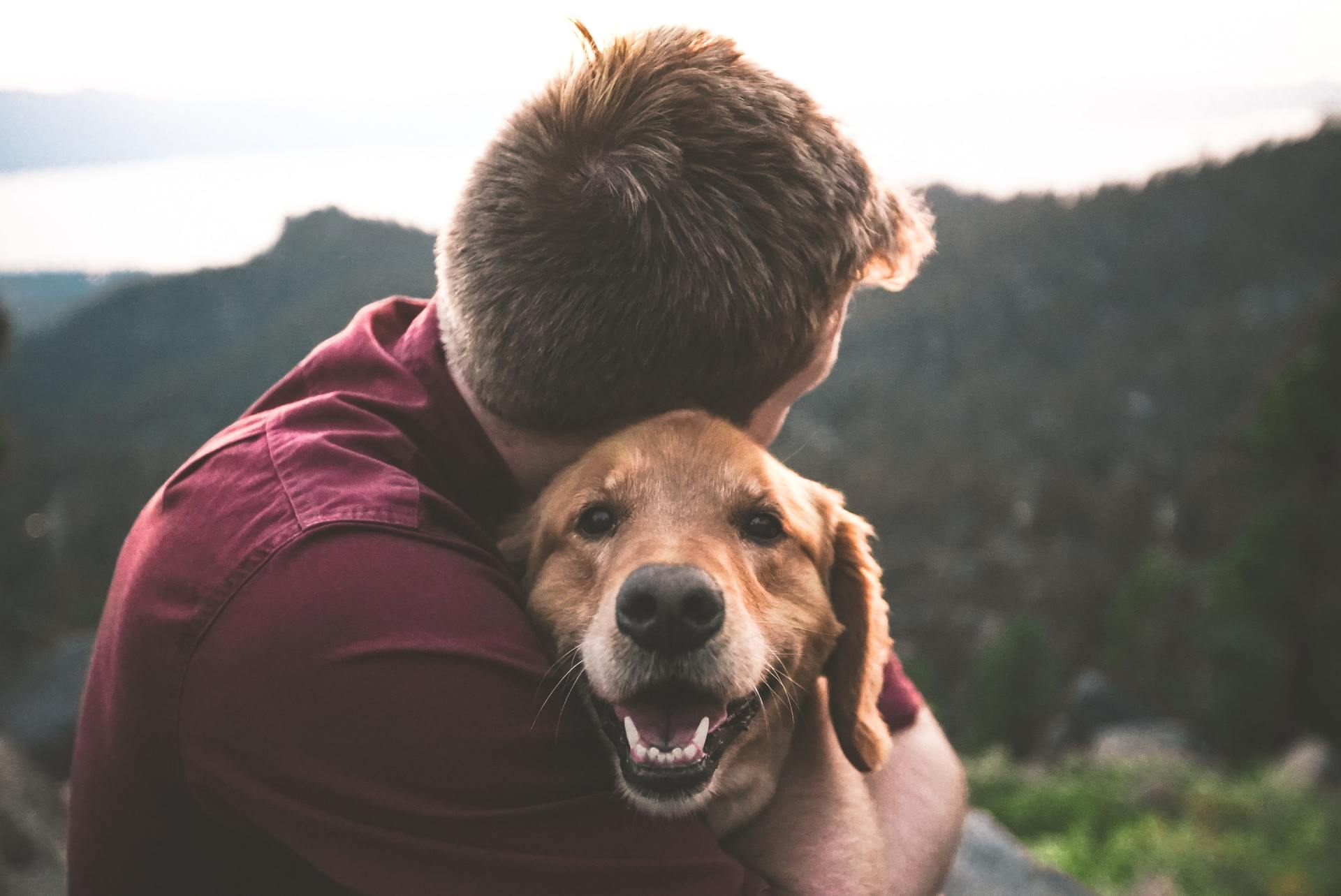Is Doggie Daycare Right For Your Pup
Things to consider before choosing daycare
The concept of dog daycare has gained significant popularity as a solution for busy pet owners seeking to provide their furry friends with companionship, exercise, and stimulation. While dog daycare has proven beneficial for many dogs, it's important to recognize that it might not be the right fit for every pooch. In this blog, we'll explore the reasons why dog daycare might not be suitable for all dogs and why considering individual needs is crucial when making this decision.
1. Temperament Variability
Dogs, like humans, have distinct personalities and temperaments. While some dogs are naturally outgoing and social, others may be more reserved or anxious in unfamiliar settings. Dog daycare can be overwhelming for dogs that are naturally shy or anxious, leading to increased stress levels and potential behavioral issues. It's essential to assess your dog's personality and comfort level with new environments before opting for daycare.
2. Aggression and Reactivity
Dogs with a history of aggression or reactivity towards other dogs can pose challenges in a daycare environment. Even well-trained dogs might find it difficult to manage their behavior when faced with a group of unfamiliar canines. Aggressive behavior can lead to conflicts, injuries, and a negative experience for both the aggressive dog and others in the daycare. Addressing aggression issues through specialized training might be necessary before considering daycare.
3. Health Concerns
Dog daycares are communal spaces where dogs come into close contact with one another. While reputable facilities require proof of vaccinations, there's always a risk of exposure to contagious illnesses like kennel cough or parasites. Dogs with compromised immune systems, chronic health conditions, or those prone to allergies might be better off avoiding daycare to minimize potential health risks.
4. Age and Energy Level
Puppies and senior dogs have different energy levels and needs compared to adult dogs. Puppies require frequent potty breaks, nap times, and gentle play to avoid overexertion. On the other hand, senior dogs might find the active and bustling environment of daycare stressful. Dogs with limited mobility, joint issues, or medical conditions might be better served in a quieter and more controlled environment.
5. Lack of Individual Attention
In a group setting, daycare staff's attention is divided among multiple dogs. While many facilities do their best to provide individualized care, some dogs might crave one-on-one attention that daycare might not offer. Dogs that have specific behavioral or medical needs might benefit more from the focused care of a pet sitter or a quieter home environment.
6. Training Objectives
If you're working on specific training goals with your dog, daycare might not align with those objectives. Dogs can pick up undesirable behaviors from other dogs in a daycare setting, making consistent training more challenging. For dogs in training, a controlled and structured environment with a professional trainer might be a more effective choice.
Conclusion
While dog daycare has revolutionized pet care for many dogs and their owners, it's essential to remember that it's not a one-size-fits-all solution. The decision to enroll your dog in daycare should be based on a thorough understanding of your dog's individual needs, temperament, and health considerations. If your dog is not suited for a daycare environment, there are alternative options such as hiring a pet sitter, arranging playdates with known dog friends, or finding activities that cater to your dog's specific requirements. Prioritizing your dog's well-being and comfort is paramount, ensuring that their experiences are always positive and enriching.
April Camper of the Month
Donny is a handsome 2 yrs old Australian Shepard/Border Collie mix. He is pawsitively pawsome!!
Quick Links
Hours of Operation
- Mon - Fri
- -
- Saturday
- -
- Sunday
- -
All Rights Reserved | Camp Pet Vet




